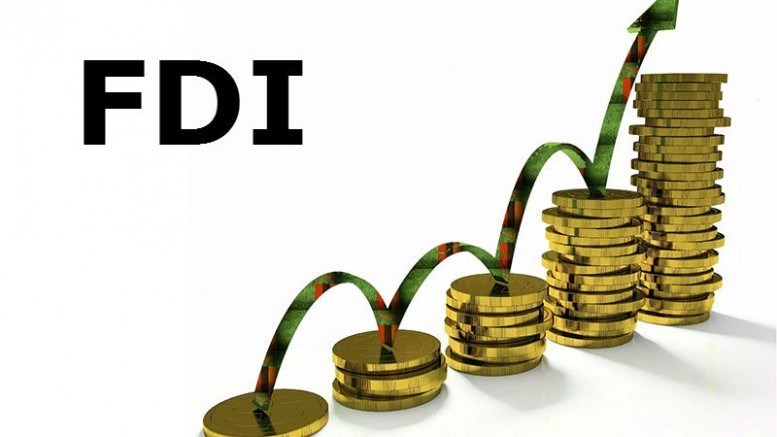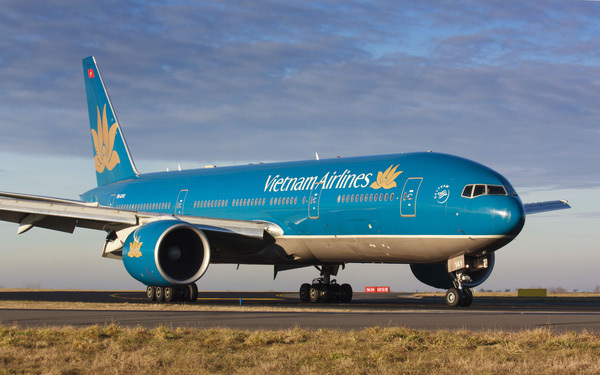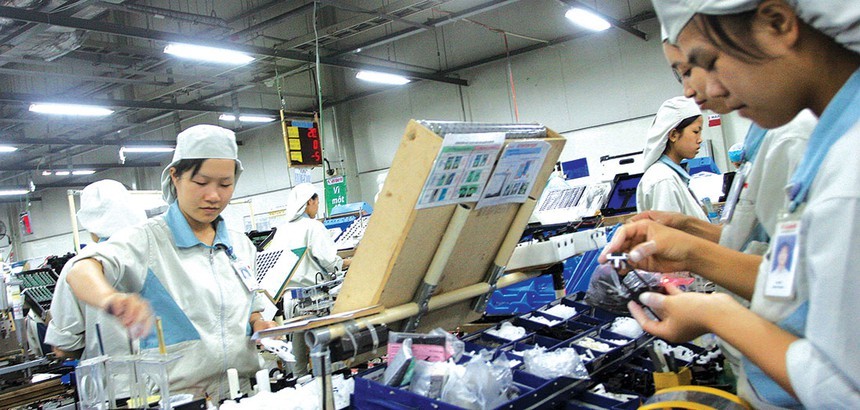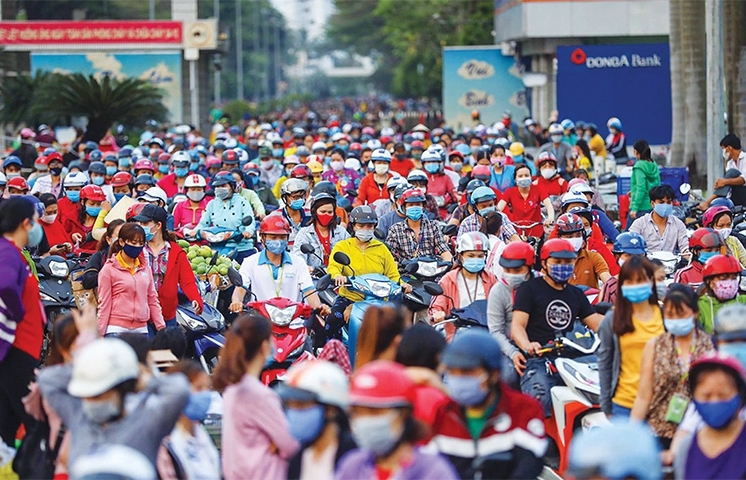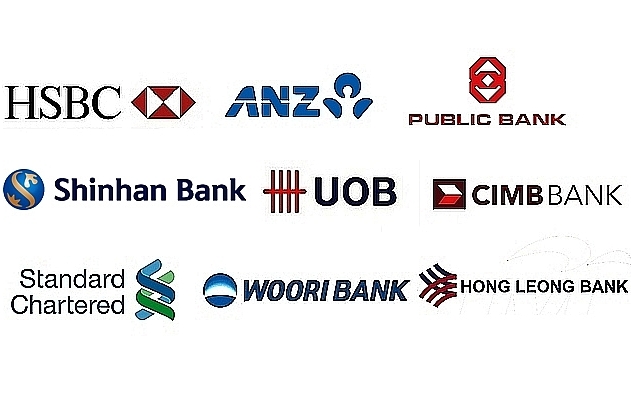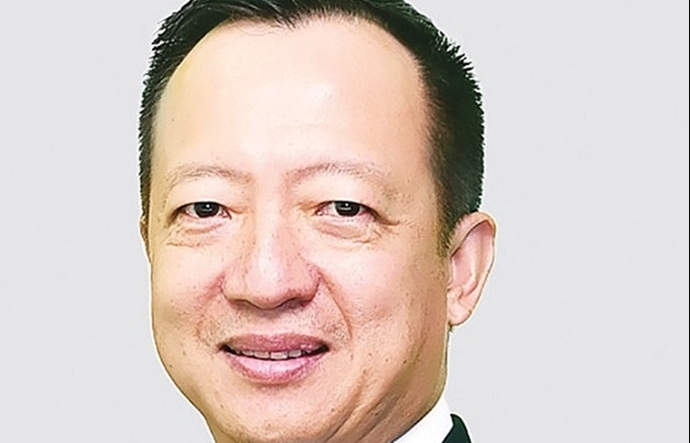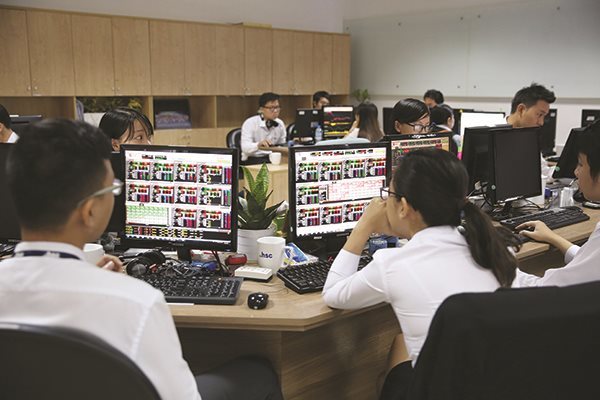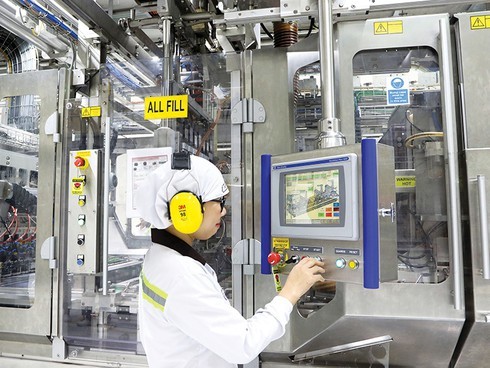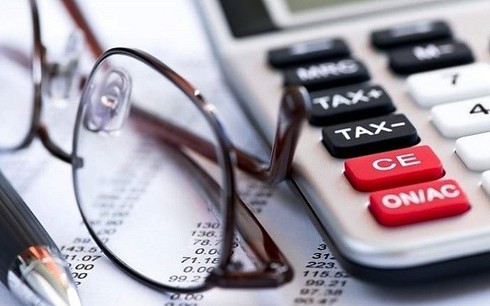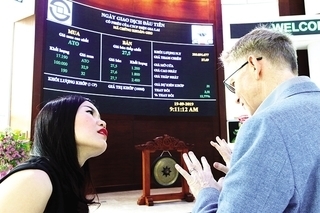- © Copyright of Vietnamnet Global.
- Tel: 024 3772 7988 Fax: (024) 37722734
- Email: [email protected]
FIEs
Update news FIEs
Decree to prevent transfer pricing could inadvertently harm Vietnamese companies
Setting a cap on loan interest deductability is a tool to prevent foreign invested enterprises (FIEs) from conducting transfer pricing. However, the application of the regulation on Vietnamese enterprises as well has stirred controvesy.
Korean multinationals suggest solutions to ease difficulties in Covid-19
 Vietnam Airlines’ airplanes which have been left idle because of Covid-19 could be used to carry cargo, offering benefits to both the air carrier and export companies.
Vietnam Airlines’ airplanes which have been left idle because of Covid-19 could be used to carry cargo, offering benefits to both the air carrier and export companies.
FIEs displeased with government demand to license internal websites
The new regulations of the MIC may affect the policies and assets of private businesses and foreign-invested enterprises in Vietnam.
Vietnamese businesses burdened with taxes, FIEs at ease with tax exemptions
 Studies have found that Vietnam’s taxation system offers many incentives to foreign invested enterprises (FIEs), but puts an increasingly heavy burden on Vietnamese enterprises and people.
Studies have found that Vietnam’s taxation system offers many incentives to foreign invested enterprises (FIEs), but puts an increasingly heavy burden on Vietnamese enterprises and people.
Foreign-invested enterprises hopeful about plans to list shares on bourse
 The Ministry of Finance (MOF), suggesting solutions to help the stock market overcome the Covid-19 crisis, has once again proposed allowing foreign-invested enterprises (FIEs) to list on the bourse.
The Ministry of Finance (MOF), suggesting solutions to help the stock market overcome the Covid-19 crisis, has once again proposed allowing foreign-invested enterprises (FIEs) to list on the bourse.
Can Vietnam could take advantage of new foreign investment strategies?
 Over the past few decades, many companies worldwide have come to China, seeking a place to set up production bases and do business as they were lured by the country’s low labour costs and enormous domestic consumer market,
Over the past few decades, many companies worldwide have come to China, seeking a place to set up production bases and do business as they were lured by the country’s low labour costs and enormous domestic consumer market,
FDI attraction - one of five key solutions to post-Coronavirus economic recovery
 The Foreign Direct Investment (FDI) capital flows over the recent five months of 2020 only decreases compared to the same period last year but rises against the same period of the previous years.
The Foreign Direct Investment (FDI) capital flows over the recent five months of 2020 only decreases compared to the same period last year but rises against the same period of the previous years.
Harnessing further FDI to Vietnam
 Since national reunification in 1975, Vietnam’s economy has grown from strength to strength. Senior economist Nguyen Mai writes about how the economy has developed in that time, with foreign direct investment serving as one of the key driving forces.
Since national reunification in 1975, Vietnam’s economy has grown from strength to strength. Senior economist Nguyen Mai writes about how the economy has developed in that time, with foreign direct investment serving as one of the key driving forces.
Crunch time for labour-intensive areas
 As the country faces an unexpected economic crisis, industrial zones are reeling to protect enterprises vulnerable to diseases, especially those labour-intensive businesses that play an important role in the nation’s exports.
As the country faces an unexpected economic crisis, industrial zones are reeling to protect enterprises vulnerable to diseases, especially those labour-intensive businesses that play an important role in the nation’s exports.
Two foreign banks' representative offices have licences withdrawn
 The State Bank of Vietnam (SBV) has withdrawn the licences of the representative offices of Kookmin from South Korea and Commonwealth Bank of Australia.
The State Bank of Vietnam (SBV) has withdrawn the licences of the representative offices of Kookmin from South Korea and Commonwealth Bank of Australia.
Maintaining business stability a top task for foreign investors
 Amidst the complicated developments of the covid-19 pandemic, foreign-invested enterprises are struggling to maintain business as usual, and taking measures to curb the spread of the virus and ensure employees’ health.
Amidst the complicated developments of the covid-19 pandemic, foreign-invested enterprises are struggling to maintain business as usual, and taking measures to curb the spread of the virus and ensure employees’ health.
Will phone exports bounce back as Samsung’s production in China slows?
 Samsung is believed to have great advantages over its rivals as its production base is in Vietnam, not in China, where the Covid-2019 has forced a series of factories to close down.
Samsung is believed to have great advantages over its rivals as its production base is in Vietnam, not in China, where the Covid-2019 has forced a series of factories to close down.
Aligning transfer pricing with international norms
 The growth of FIEs in Vietnam has recently raised increasingly complicated tax concerns. These problems arise primarily from the practical issues of determining the transaction price between FIEs and their related parties.
The growth of FIEs in Vietnam has recently raised increasingly complicated tax concerns. These problems arise primarily from the practical issues of determining the transaction price between FIEs and their related parties.
FIEs reluctant to list shares on bourse
 Only 10 foreign invested enterprises (FIEs) have entered the bourse over the last decade, a very modest figure compared with the tens of thousands of enterprises now operational in Vietnam.
Only 10 foreign invested enterprises (FIEs) have entered the bourse over the last decade, a very modest figure compared with the tens of thousands of enterprises now operational in Vietnam.
Raft of new measures to aid business prospects
 Investors will enjoy more favourable conditions with regards to starting a business, tax, credit access, and investment protection in 2020 buoyed by the Vietnamese government’s latest action plans.
Investors will enjoy more favourable conditions with regards to starting a business, tax, credit access, and investment protection in 2020 buoyed by the Vietnamese government’s latest action plans.
Vietnam steps up tax scrutiny of foreign invested enterprises
 Local authorities are trialing ways to prevent multinationals from structuring affairs in order to divert profits to low tax jurisdictions.
Local authorities are trialing ways to prevent multinationals from structuring affairs in order to divert profits to low tax jurisdictions.
Tax authorities clamping down on foreign evaders
 Foreign-invested enterprises will no longer be allowed to ignore their tax obligations as Vietnamese tax departments step up action on duty-dodging businesses.
Foreign-invested enterprises will no longer be allowed to ignore their tax obligations as Vietnamese tax departments step up action on duty-dodging businesses.
FIEs still dominate Vietnam’s exports
 Vietnam’s import and export value has exceeded $400 billion and is moving towards the $500 billion threshold.
Vietnam’s import and export value has exceeded $400 billion and is moving towards the $500 billion threshold.
Tax collections up, but tax revenues from enterprises down
 The total collection for the state budget may exceed VND46 trillion may not be good news, because the sources of revenue are uncertain and the collection from enterprises has decreased.
The total collection for the state budget may exceed VND46 trillion may not be good news, because the sources of revenue are uncertain and the collection from enterprises has decreased.
Framework mooted for stock listing
 The Politburo recently issued a resolution paving the way for favourable conditions to attract and choose high-quality foreign direct investment into Vietnam.
The Politburo recently issued a resolution paving the way for favourable conditions to attract and choose high-quality foreign direct investment into Vietnam.
